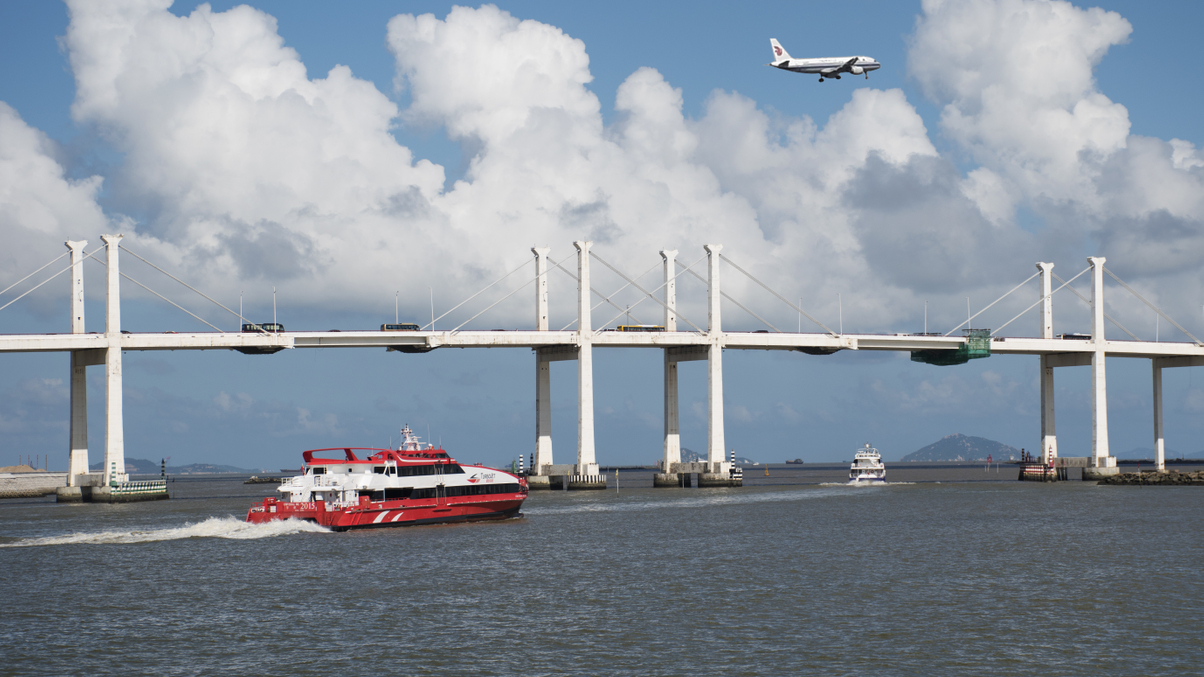partner content
Infra investors aim to adapt to rising rates
Investors are turning to pooled vehicles and co-investments, as they seek to anticipate a rotation of assets into fixed incomes, a new survey by AsianInvestor and QIC shows.

Infrastructure investors want higher returns to compensate for rising interest rates and bond yields and are increasingly turning to actively managed pooled investments, according to the results of an investor survey conducted by AsianInvestor and QIC.
Sign in to read on!
Registered users get 2 free articles in 30 days.
Subscribers have full unlimited access to AsianInvestor
Not signed up? New users get 2 free articles per month, plus a 7-day unlimited free trial.
¬ Haymarket Media Limited. All rights reserved.


